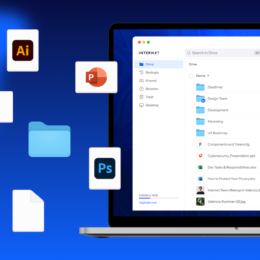lese gerade auf Slashdot, dass wieder einmal ein Blogger jammert, weil er nicht analog zur Presse Zugang zu Infos bekommt. Und ein anderes Blog führt völlig zurecht auch die Argumente dazu an, warum es nicht smart ist, Blogger sofort auf eine Stufe mit der Presse zu stellen:
Vendors have to be careful, especially public companies – like Nortel, as you were wondering why they refused you entrance to their company meeting – because you might „slip“? up in the name of attracting hits to your blog and „print“? something that shouldn“t be printed. That can be financially disastrous to a company and they are right to restrict access to that information because of the risk.
…
They“re rarely on the plate when talking to the press, what makes you think as an unrestricted voice you should be so privileged?
…
I“m all for a „blogger“? category at trade shows, just as there are „press“? and „analyst“? categories. That would allow you access to vendors so you can blog, but ensures that vendors know that you“re a blogger so they are able to filter their message appropriately. But stop crying about not having access to more in depth information. The only way you“re going to get that as a blogger is to build a relationship with the vendor, and that“s hard enough as a member of the press. It takes years to build that kind of trust, and I suspect the fact that you don“t have it with Nortel, Mark, means you haven“t even tried. So why should they?
in dem Moment, in dem ich die bestimmte Informationen öffentlich verarbeite, die mir Startups geben, kann ich mein Blog dahingehend sofort dichtmachen, über Startups zu schreiben. Das Vertrauen kann man sich nur langsam erarbeiten, erwzingen kann man nix. Vertrauen.








